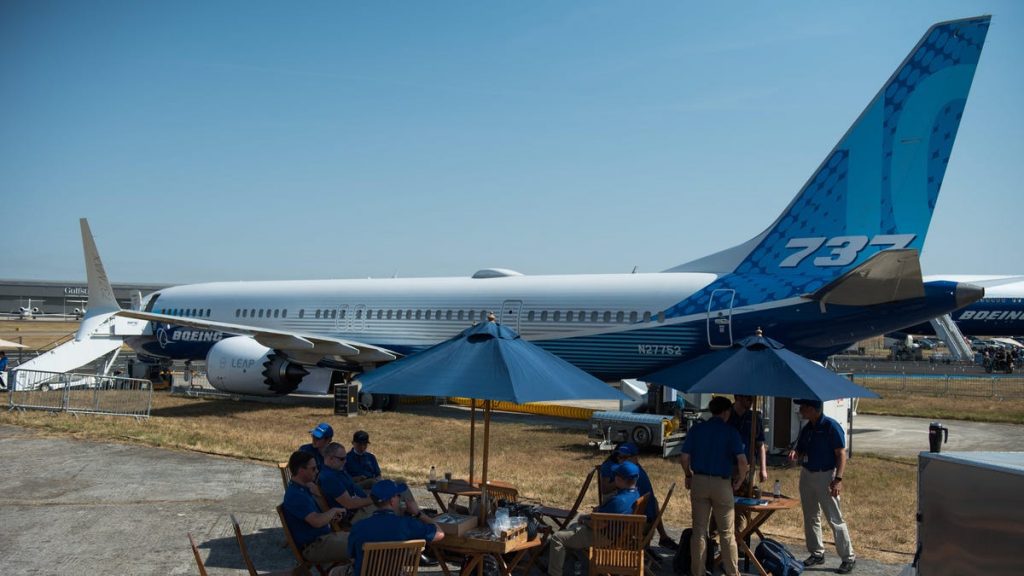Boeing 737 MAX Could Be Grounded Again

A Boeing 737 MAX on display at the 2022 Farnborough International AirshowPhoto: John Keeble (Getty Images)
According to Reuters, Boeing will seemingly only have until December to prove the airworthiness of the 737 MAX 7 and MAX 10 to the Federal Aviation Administration (FAA). Senator Roger Wicker (R-MS) proposed extending Boeing’s deadline until September 2024 by attaching an amendment to the U.S. Senate’s annual defense bill. However, the latest version of the bill allegedly doesn’t include the crucial amendment.
The Boeing 737 MAX was initially grounded after serious design flaws led to two crashes that killed 346 people. Since then, 737 MAX airliners have been allowed to re-enter service by the FAA conditionally. The country’s civil aviation regulation agency required Boeing to make several significant changes to the 737 MAX before it could be properly recertified.
The major pilots’ unions are split on the issue. The Southwest Airlines pilots’ union supports a deadline extension, while the American Airlines pilots’ union opposes Boeing being granted an extension. Without the extension, the controversial Boeing aircraft would not be allowed to fly in the United States until it is recertified.
While the 737 MAX remains certified to fly in the United States until the December deadline, there are still a few places around the world where the MAX still can’t legally operate, like the People’s Republic of China. Earlier this week, Mongolian Airlines became the first foreign carrier to fly a MAX series airliner into China since the model series was grounded back in 2019.
If the Boeing 737 MAX is forced out of the sky in the United States, it wouldn’t be surprising if other countries followed suit. It’s fair to say that the burden should be on the aircraft manufacturer to ensure its plane is safe to fly. While removing the aircraft model series would be disruptive, Boeing shouldn’t be continually allowed to use stop-gap measures and political influence to keep their planes in the sky.



